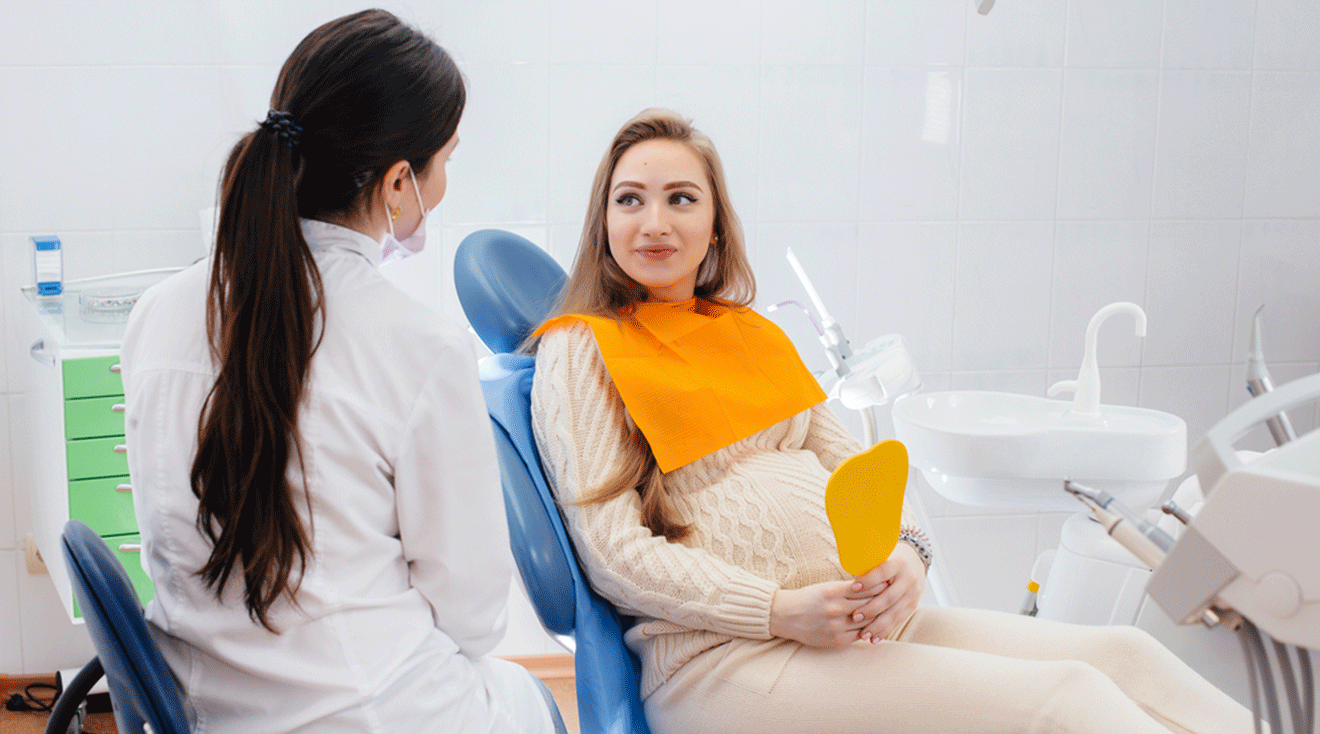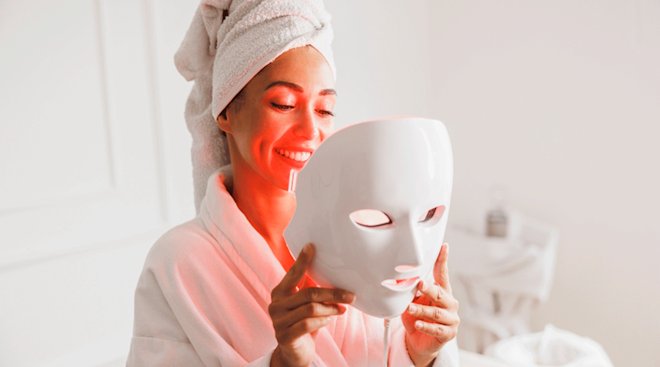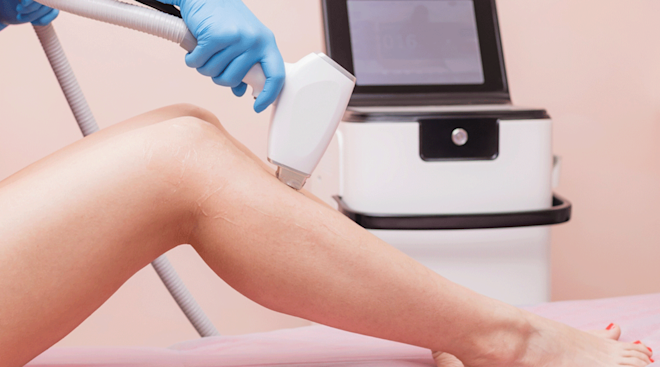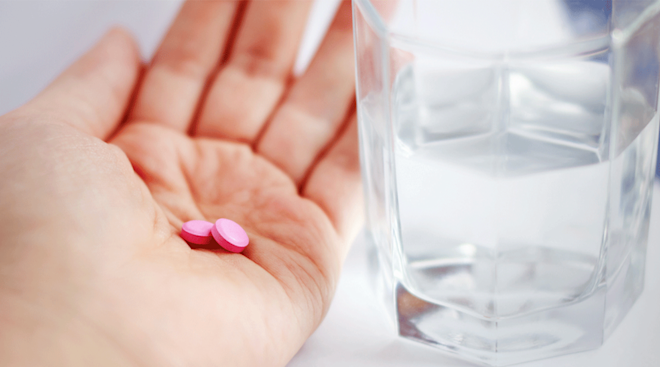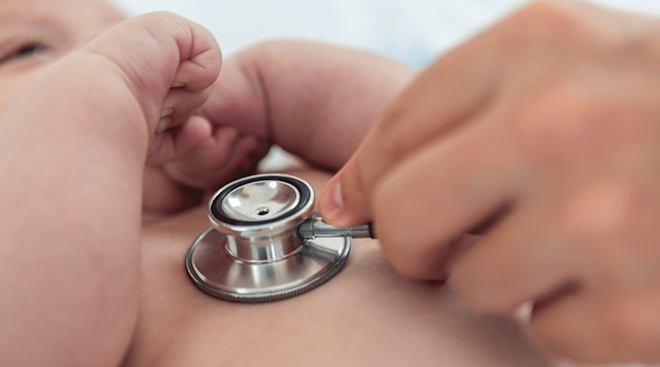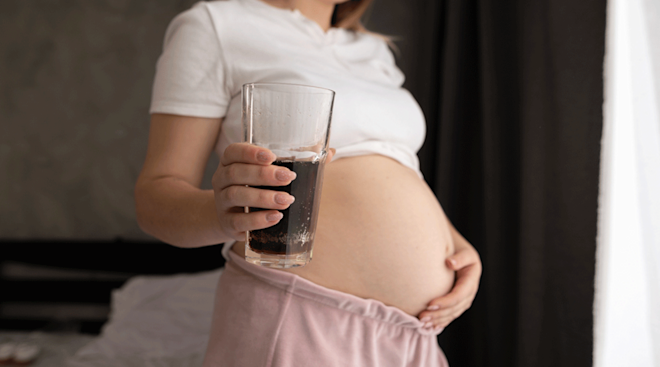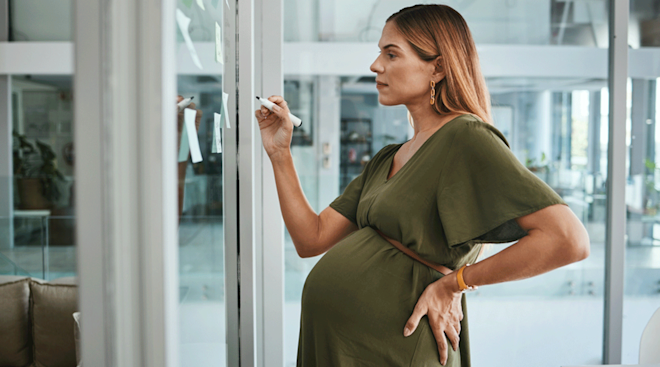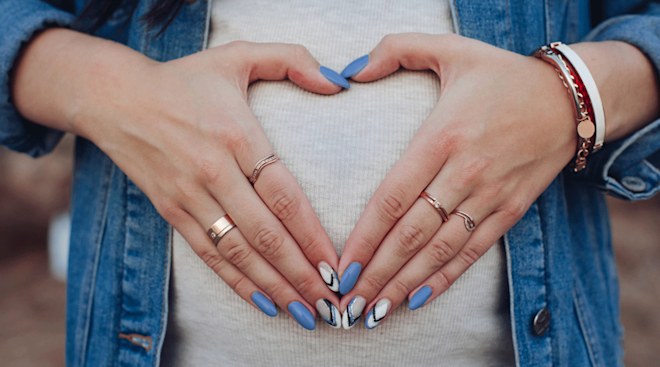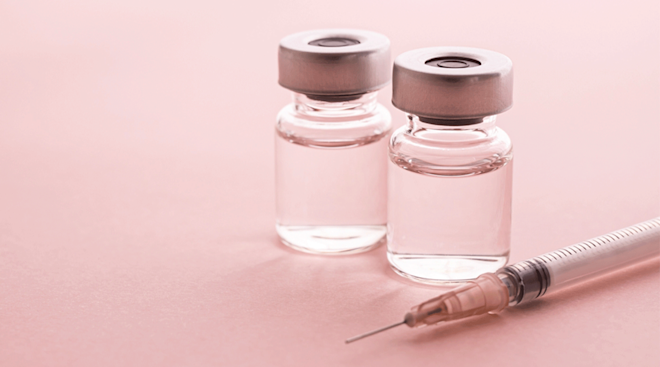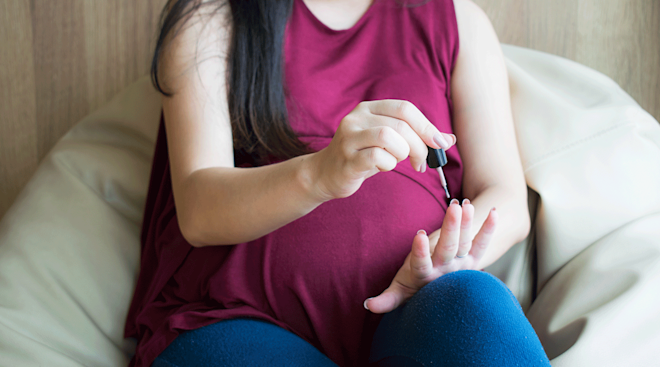What Do Experts Say About Getting Your Teeth Whitened While Pregnant?
Plenty of people swear by teeth whitening, especially before a big event like a wedding or graduation. Depending on the method and your mouth, your teeth may appear up to four shades whiter—sometimes after just one treatment, says Brittany Seymour, DDS, MPH, a consumer advisor spokesperson for the American Dental Association (ADA) and an associate professor at Harvard School of Dental Medicine in Boston. “Tooth whitening is one of the safest and most immediate cosmetic procedures that people can elect for if they’re looking for a little glow up,” she says. That said, it isn’t necessarily considered safe for expecting parents. Here’s what you need to know about teeth whitening during pregnancy, including safe ways to get a brighter smile.
Dentists and obstetricians officially recommend waiting until after pregnancy to use teeth-whitening products, including over-the-counter whitening strips and services provided by your dentist. “As with a lot of things during pregnancy, the overarching advice is to postpone elective cosmetic procedures during pregnancy, including whitening,” says Seymour.
Because whitening products only come into contact with the teeth and gums, “it doesn’t look like tooth whitening has whole-body effects that could be transferred to the fetus,” notes Alessandra Hirsch, MD, an ob-gyn at NewYork-Presbyterian/Columbia University Irving Medical Center in New York City. Unfortunately, there simply isn’t research to confirm whether or not teeth whitening is safe during pregnancy.
In fact, tooth whitening can make your teeth and gums—which are already extra susceptible during pregnancy—even more sensitive. Tara Higgins, MD, an ob-gyn at Dartmouth Health, warns against risking further irritation. Hormonal changes and increased sensitivity may even make whitening less effective during pregnancy, adds Meleen Chuang, MD, chief of obstetrics and gynecology at NYU Langone Hospital in Brooklyn.
Teeth whitening at the dentist while pregnant
To avoid any potential risks for baby, it’s best to avoid teeth whitening during pregnancy. But you can still read up on the procedure now to prepare for an appointment after delivery. Typically, the active ingredient in teeth whitening products is either hydrogen peroxide or carbamide peroxide, which break up stains inside teeth. Both are used by dentists frequently and effectively. Seymour adds that applying LED light to bleaching agents may or may not improve results—and could potentially dehydrate teeth more, increasing the risk of tooth enamel damage—though “there’s not a lot of research either way.” You can often expect to see noticeable results in just one session.
Teeth whitening at the dentist can potentially cause more tooth sensitivity than at-home options, since the concentration of peroxide is significantly higher. Peroxide can also cause irritation of the gums, although your dentist will reduce this risk by applying barriers to protect your gum-line. In any case, you should wait until after baby is born to make this non-essential trip to the dentist.
Teeth whitening at home while pregnant
Keep in mind that teeth whitening, even at home, isn’t recommended during pregnancy. But, generally speaking, there are two options, both of which contain the same active ingredients (hydrogen peroxide or carbamide peroxide) that your dentist uses in the office:
- Take-home professional whitening kits. Your dentist will prescribe a whitening gel and create a specialized retainer from a mold of your teeth. The concentration of peroxide in at-home gel is lower than in-office whitening products, so it may take a week or two of daily use to get the same results. For the same reason, it may also cause less tooth and gum sensitivity.
- Over-the counter whitening kits. OTC teeth whitening strips are more affordable than professional teeth whitening. Because they contain even less peroxide than professional kits, you may need to use them for several weeks to even a couple of months, says Seymour. Be sure to choose a product with an ADA seal of approval, she adds, which ensures it’s safe for your teeth.
In any case, once again, you should probably wait to DIY this treatment until baby’s big debut.
If you’re looking for a quick and safe way to brighten your smile during pregnancy, Seymour recommends using whitening toothpaste. Toothpastes don’t offer the same penetrative action of whitening kits and strips, but they contain a mild abrasive that does effectively remove visible surface stains. More importantly, regular brushing with any toothpaste containing fluoride removes plaque and wards off cavities and gum disease.
Whitening toothpastes are considered safe to use during pregnancy; ideally opt for a product with the ADA seal of acceptance, suggests Seymour. Skip products containing activated charcoal: There isn’t any evidence the ingredient works, and it may actually wear down tooth enamel.
Pregnancy may increase your risk for both cavities and gum disease. “The immune system is naturally suppressed during pregnancy to avoid rejection of the fetus. This makes it harder for the body to fight off bacteria,” including in the mouth, explains Chuang. Buildup of plaque—a type of bacteria—increases the risk of gum disease and cavities. Increased appetite and cravings may lead you to snack and choose more sugary foods, and changes in saliva production result in dry mouth, both of which increase the odds of developing a cavity.
That means it’s extra important to keep up with oral care during pregnancy. Floss daily and brush twice every day with fluoride toothpaste and a soft-bristled toothbrush. “By removing the plaque, you’re removing the agent that’s irritating the gums,” says Seymour. Also be sure to maintain your regularly scheduled dental visits. Dental procedures are generally considered safe even with a baby on board.
If morning sickness makes you vomit, stomach acids can harm tooth enamel. To neutralize acids and minimize the damage, try swishing a glass of water mixed with 1 teaspoon of baking soda after vomiting and before brushing your teeth, suggests Hirsch.
Many people’s gums bleed in pregnancy, which is a sign of gingivitis, according to Cleveland Clinic. This gum disease is due to hormonal changes that increase the risk of gum inflammation and infection, as well as increased blood flow. Keep brushing and flossing, and try swishing with a glass of warm water mixed with a teaspoon of salt twice a day.
Seymour says to check in with your dentist if you have noticeable swelling or redness in your gums, or if bleeding doesn’t resolve after three days of gargling with salt water. Untreated gingivitis can lead to periodontal disease, which can increase the risk of preterm birth (potentially because bacteria in the mouth enter the bloodstream) and low birth weight (possibly due to inflammation in the body, which may interfere with fetal development), explains Chuang.
Hormonal changes can also impact your sense of smell and taste and cause a metallic taste in your mouth early on in pregnancy. This unpleasant but benign symptom tends to go away in the second trimester, although it can sometimes last throughout pregnancy. To cope, drink plenty of water, gargle with saltwater or mouthwash and maintain good oral hygiene.
To avoid potential risks to baby, it’s best to save teeth whitening until after you deliver. Fortunately, you won’t have to wait long: It’s safe to whiten your teeth even if you’re breastfeeding, says Higgins.
Please note: The Bump and the materials and information it contains are not intended to, and do not constitute, medical or other health advice or diagnosis and should not be used as such. You should always consult with a qualified physician or health professional about your specific circumstances.
Plus, more from The Bump:
Meleen Chuang, MD, is the chief of obstetrics and gynecology at NYU Langone Hospital in Brooklyn. She earned her medical degree from SUNY Stony Brook.
Tara Higgins, MD, is an ob-gyn at Dartmouth Health.
Alessandra Hirsch, MD, is an ob-gyn at NewYork-Presbyterian/Columbia University Irving Medical Center in New York City. She earned her medical degree from the University of Illinois at Chicago.
Brittany Seymour, DDS, MPH, is a consumer advisor spokesperson for the American Dental Association (ADA) and an associate professor at Harvard School of Dental Medicine in Boston. She earned her dental degree from the University of Colorado School of Dental Medicine and her master of public health from Harvard School of Public Health.
Nemours Kids Health, Tooth Whitening in Pregnancy
Centers for Disease Control and Prevention (CDC), [Talking to Pregnant Women About Oral Health] (https://www.cdc.gov/oral-health/hcp/conversation-tips/talking-to-pregnant-women-about-oral-health.html))
Cleveland Clinic, Pregnancy Gingivitis
Learn how we ensure the accuracy of our content through our editorial and medical review process.
Navigate forward to interact with the calendar and select a date. Press the question mark key to get the keyboard shortcuts for changing dates.
































